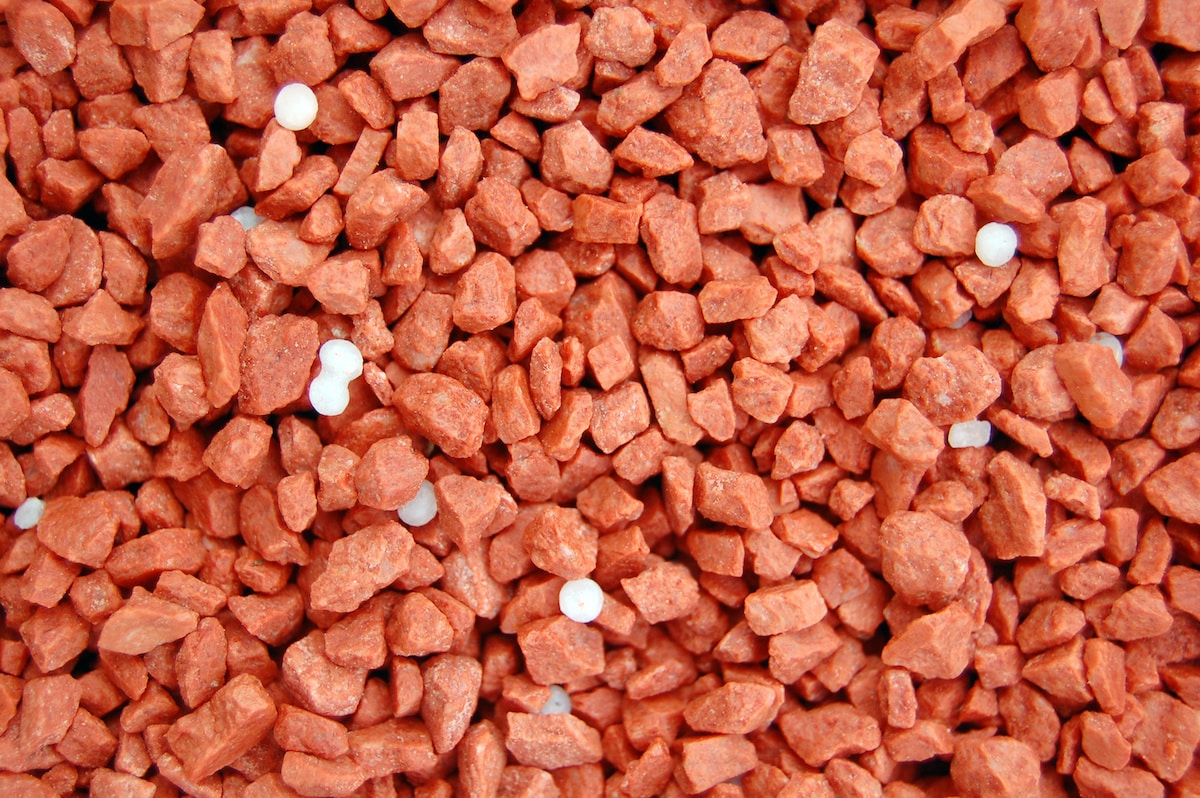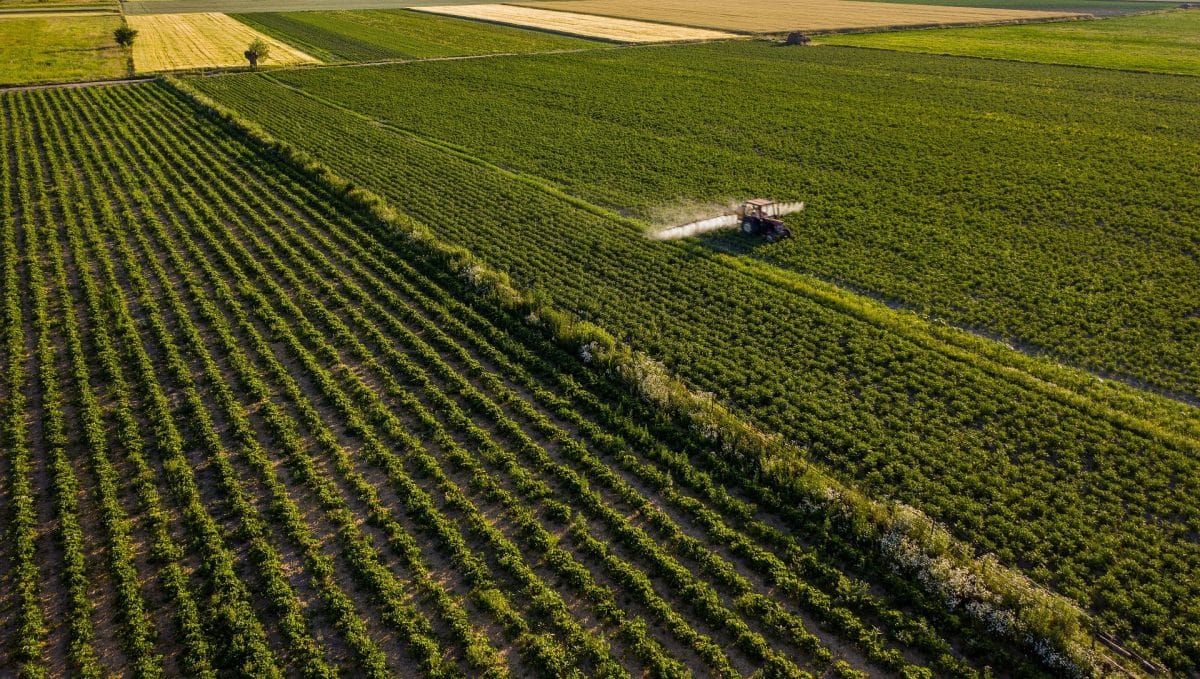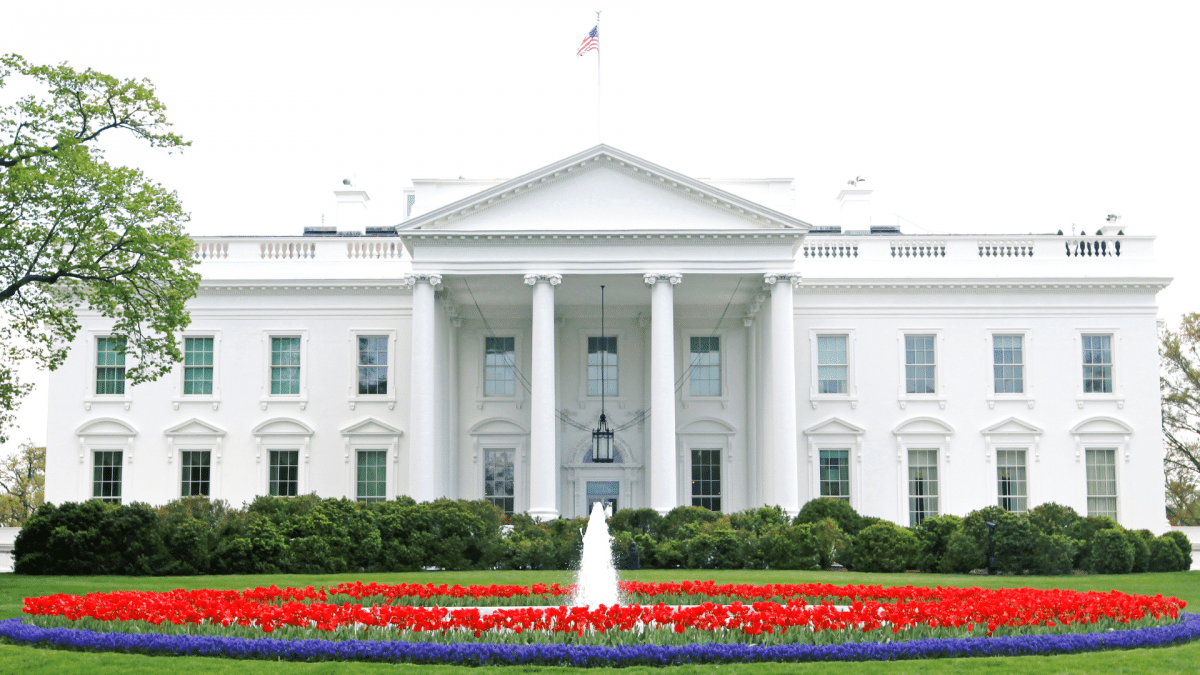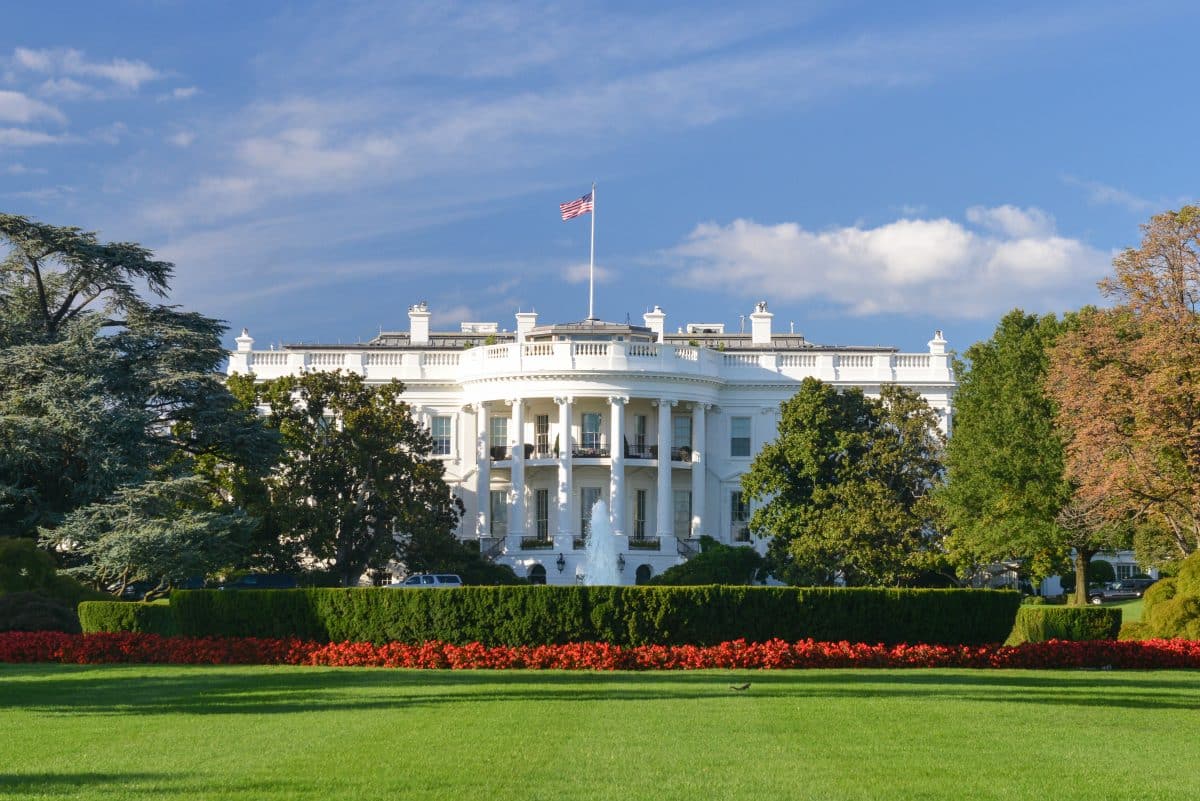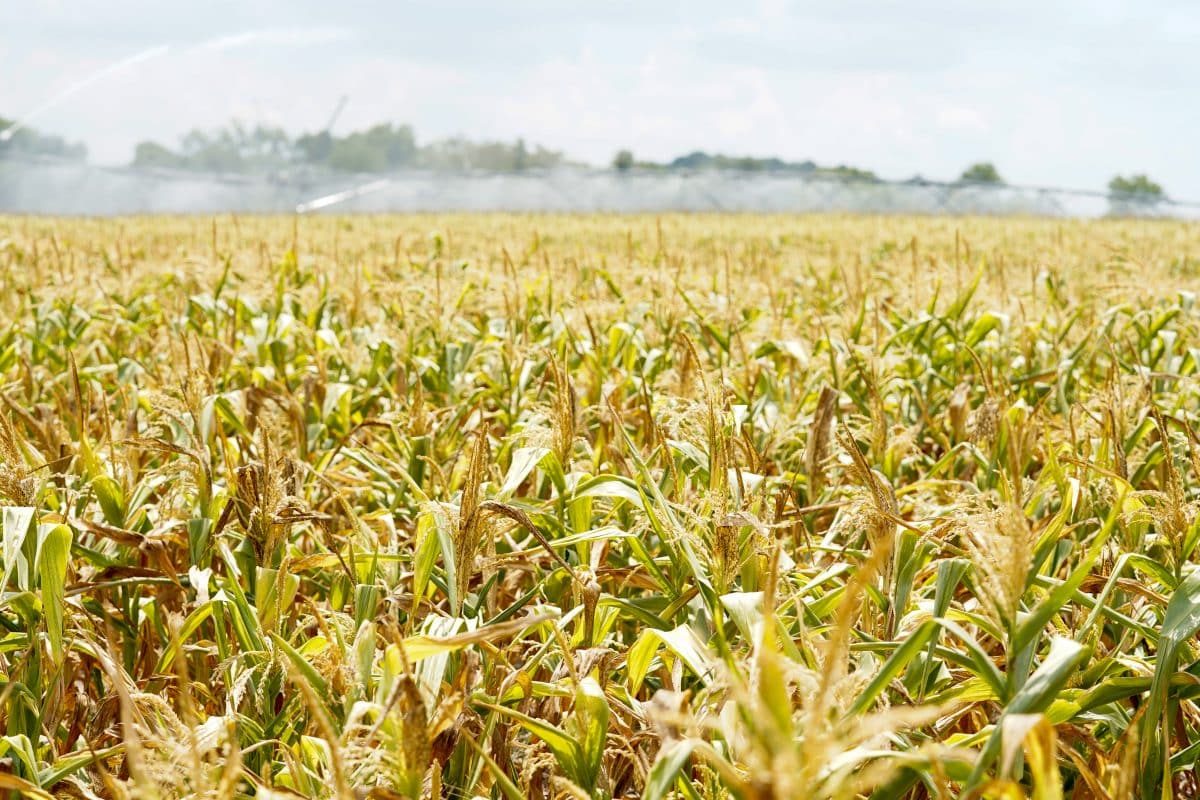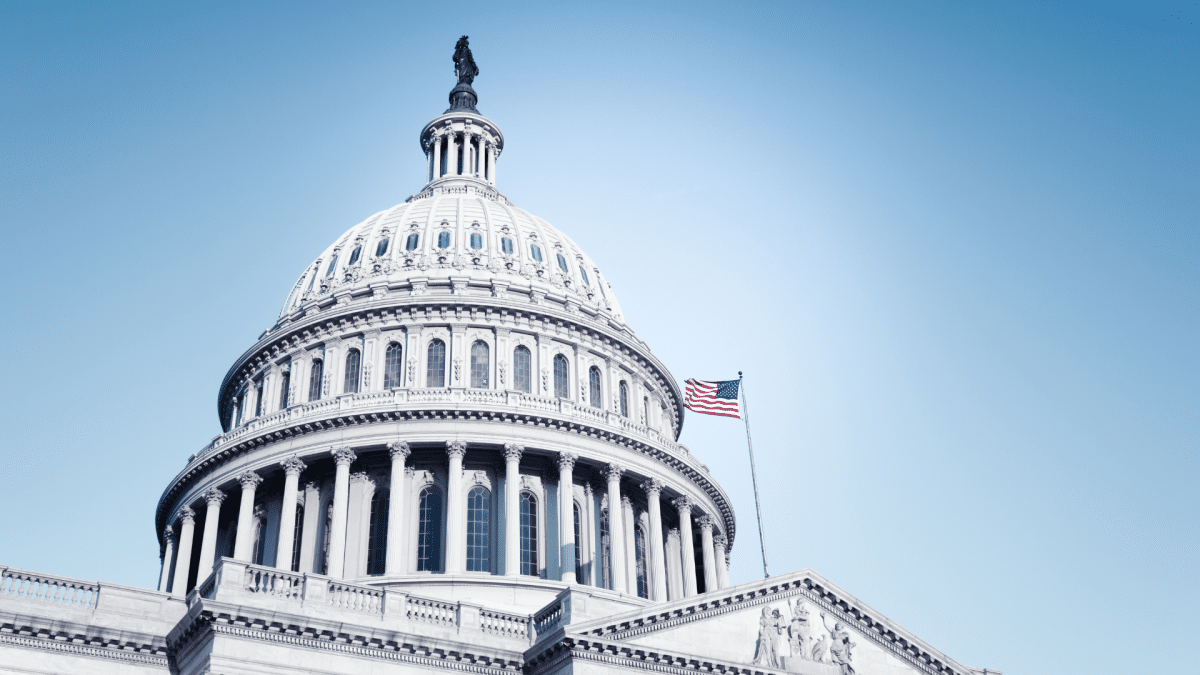Students Awarded by FERT Foundation for Creatively Recognizing the Importance of Fertilizer
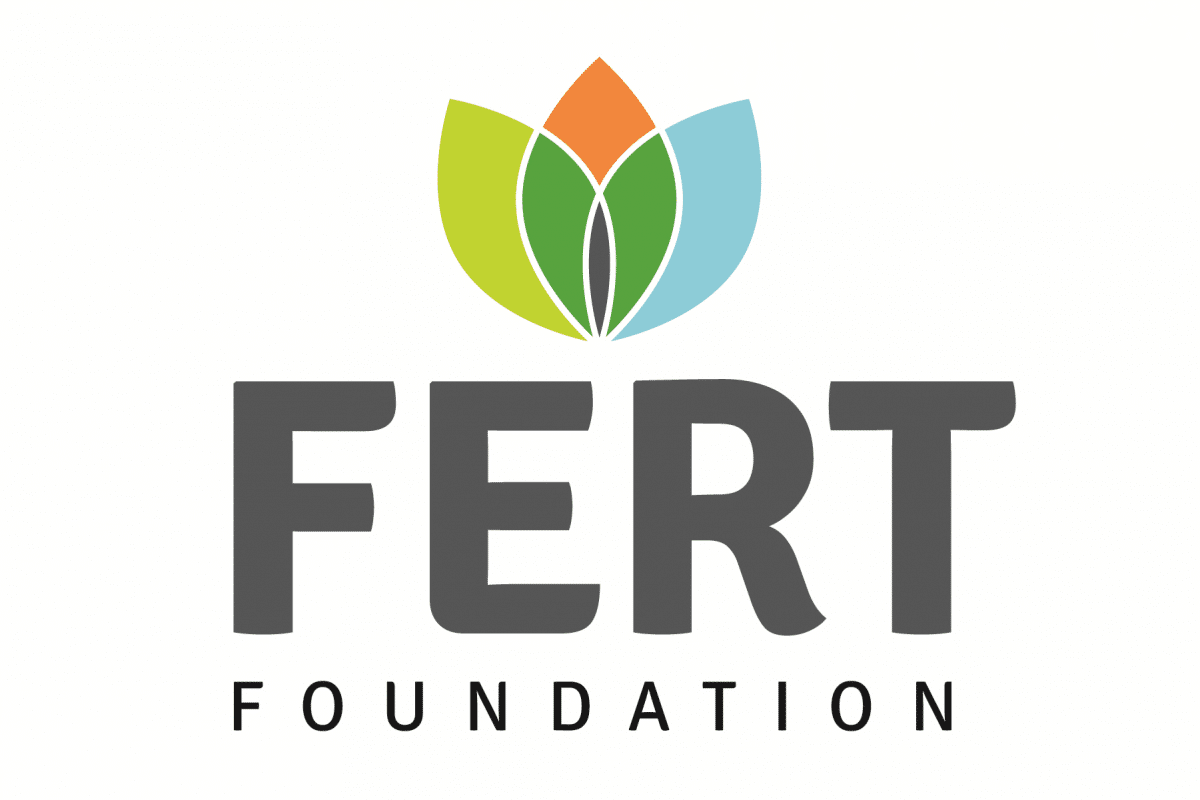
Arlington, VA – The FERT Foundation today announced winners for its annual #MADEPOSSIBLEBYFERTILIZER digital contest, a Nutrients for Life program initiative aimed at encouraging students to learn about fertilizers and then creating digital media that showcases the vital role fertilizers play in advancing the UN Sustainable Development Goal of Zero Hunger. Winning students were selected based on creativity, storytelling, visual engagement, and a compelling narrative.
“The #MADEPOSSIBLEBYFERTILIZER contest is an incredible opportunity to educate a new generation about fertilizers and agriculture,” said TFI president and CEO Corey Rosenbusch. “We don’t expect all of these students to go into a career in agriculture, but there is tremendous value in knowing where your food comes from and understanding how important agriculture is to our country. The #MADEPOSSIBLEBYFERTILIZER contest is just one of the ways the FERT Foundation works to bring awareness of these important subjects to classrooms and communities across the country.”
Here are the winners of the #MADEPOSSIBLEBYFERTILIZER Digital Contest:
1st Place: Taein Kim – Nikola Tesla STEM High School – Washington
- Fertilizer: A Key to Ending Hunger – An engaging animated video connects the fight against global hunger to the power of fertilizer. Through the story of a struggling tomato plant, viewers learn how nutrients like nitrogen, phosphorus, and potassium can help grow more food and move us closer to Zero Hunger.
2nd Place: Liberty Simper – Kuna High School – Idaho
- The Role of Fertilizer in Agriculture – A stop-motion piece paired with scenes from local farmland shows how fertilizer transforms land into fertile ground and boosts food production efficiently.
3rd Place: Levi Dang – Frederick County Career & Technology Center – Maryland
- Garden of Eden – Using mixed media animation, Levi portrays the world as a garden, emphasizing fertilizer’s role in sustaining its health and productivity.
Honorable Mention: Roman Gattuso – Skyline High School – Michigan
- Fertilizer: Farmers, UN Goals and Minecraft? – Discover how one of the world’s most popular games connects to fertilizer! Roman takes a unique approach, showing how Minecraft highlights the importance of fertilizer through both a video and a website. The website explores how fertilizer supports UN goal #2: Zero Hunger, farmers, and promotes sustainable agriculture. Project website.
Honorable Mention: Jasmine Smith – Galva High School – Illinois
- Made Possible by Fertilizer – “Fertilizer vs. Fitness” cleverly compares plant nutrition to human wellness—showing how a balanced “diet” of nutrients helps plants thrive and maximize yields.
###
FERT Foundation is the result of three industry foundations coming together to form a stronger, unified voice. The three pillars of FERT Foundation are fertilizer education, research, and training. The FERT Foundation uses one common voice to present fertilizer content in classrooms across the country, offer leadership and training opportunities for our industry’s future leaders, and communicate about innovative research projects.

